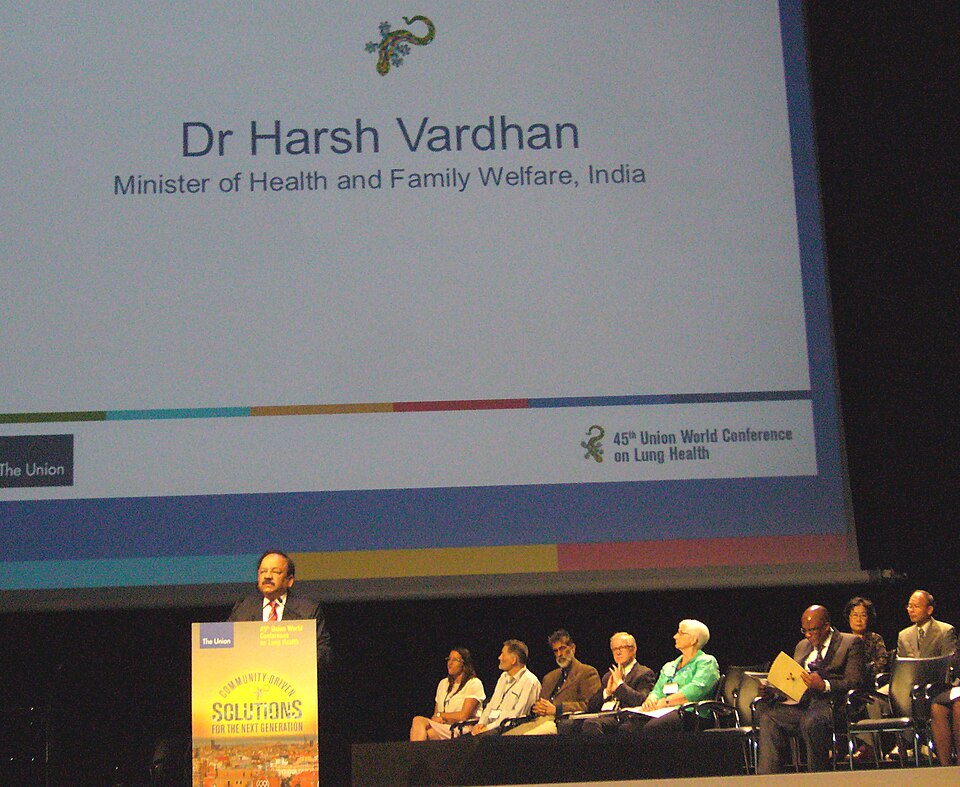ICMR Study Highlights Impact of Newborn Screening on Sickle Cell Mortality

A recent study conducted by the Indian Council of Medical Research (ICMR) has demonstrated that early diagnosis and treatment of sickle cell disease (SCD) through newborn screening can significantly reduce mortality rates from 20-30% to under 5%. This comprehensive study involved testing 63,536 newborns across seven centers in high-prevalence areas of India from 2019 to 2024, revealing the critical importance of early intervention for improving health outcomes in affected infants.
According to Dr. Manisha Madkaikar, Director of the ICMR-Centre for Research Management and Control of Haemoglobinopathies (CRHCM) in Nagpur, the newborn screening program is crucial for identifying SCD soon after birth. "If not detected early, this disease can lead to severe complications, including infections, anemia, and potentially fatal strokes in infants," she explained.
The study, which has yet to be published, was coordinated under the direction of Dr. Prabhakar Kedar, Scientist F at ICMR-National Institute of Immunohaematology (NIIH). He emphasized that early diagnosis allows healthcare providers to initiate treatment before complications arise. "Finding the disease early can save lives," Dr. Kedar affirmed.
Preventive measures such as administering prophylactic antibiotics, providing regular medical checkups, and ensuring timely vaccinations are vital components of the care provided to infants diagnosed with SCD. This proactive approach not only mitigates immediate health risks but also aids families in understanding the condition and planning for long-term treatment. As noted by Dr. Madkaikar, educating parents on recognizing the signs of complications is essential for prompt action.
The study highlights the pressing need for newborn screening, particularly in tribal and high-risk regions of India, where many cases remain undiagnosed and contribute to early childhood mortality. "With screening, many of these deaths can be prevented," Dr. Kedar articulated, stressing the importance of the program in addressing health disparities.
Among the newborns tested, 7,275 (11.4%) were identified as carriers of the sickle cell gene, while 569 (0.9%) were diagnosed with SCD. These infants received comprehensive care that included penicillin prophylaxis, folic acid supplementation, appropriate vaccinations, and hydroxyurea therapy when necessary. Dr. Kedar reported that this intervention has reduced mortality rates to less than 5%, a significant improvement from the previously reported rates of 20-30%.
The study's findings not only underscore the effectiveness of newborn screening but also point to the need for ongoing research into regional variability in sickle cell disease and the identification of barriers to implementing widespread screening initiatives. Dr. Harpreet Kaur, a senior scientist at ICMR, coordinated the study, which also aims to provide insights into genetic factors influencing SCD.
In conclusion, this ICMR study provides compelling evidence for the lifesaving benefits of newborn screening for sickle cell disease. Early detection and treatment can lead to healthier lives for affected infants and better preparedness for families. As India continues to strengthen its healthcare infrastructure, the findings of this study may guide future policies and initiatives aimed at reducing the burden of sickle cell disease in high-prevalence areas.
Advertisement
Tags
Advertisement





